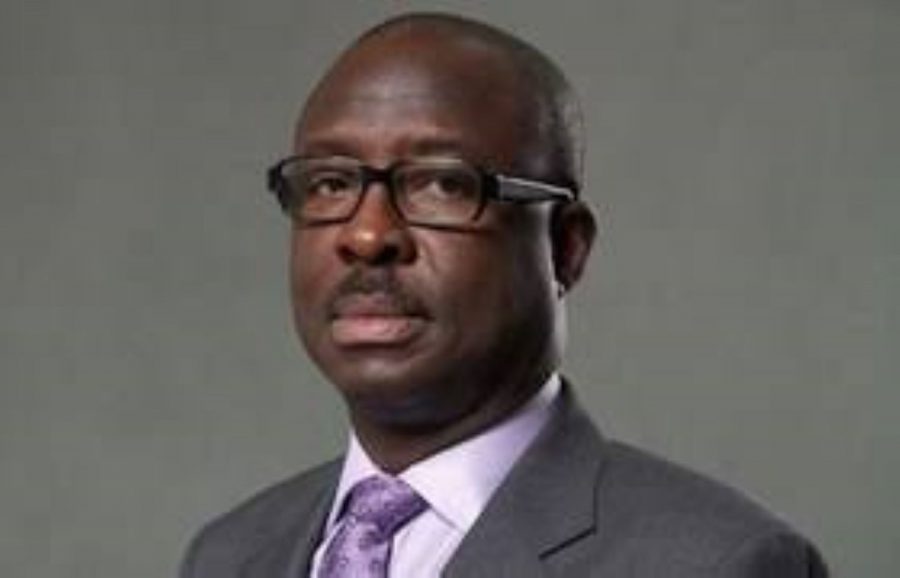114 new standards of the Standards Organisation of Nigeria (SON) have been approved by the Federal Government to boost economic growth for trade, as Nigeria prepares for free continental trade.
This was disclosed by the Minister of Industry, Trade and Investment, Otunba Adeniyi Adebayo, on Friday, according to the News Agency of Nigeria.
The Minister stated that the new standards cut across various sectors of the economy such as civil and building engineering, food technology, mechanical, liquefied petroleum gas, as well as energy management systems, in line with President Muhammadu Buhari’s Agenda on Economic Recovery and Growth Plan (ERGP).
What the Minister is saying about the approved standards
The Minister stated that 77 of the new standards were newly introduced, while 11 were reviewed to meet changing economic and technological requirements.
The standards include Cassava Peel Product, Maize Bran as livestock feed, Halal food, with specific requirements involved in the production and guidelines for the use of the term “Halal” in food processing, and also practice standards for planting and harvesting tea for processing and packaging of products.
“Other standards for energy management systems requirements with guidance for the use of various types of gas cylinders, safe handling use and storage for permanent liquefied or dissolved compressed gases.
“As well as a guide for standards developers in SON and other organisations in Nigeria,” he said.
The Minister added that SON had achieved 96% implementation of the approved Nigerian National Standardisation Strategy (NNSS), despite the negative impacts of the COVID-19 pandemic.
In case you missed it
- Nairametrics reported this week that the Standard Organisation of Nigeria (SON) had disclosed that Nigeria needed to produce goods that were up to standard, to enable Nigerian producers compete fairly and have an edge in the African Continental Free Trade Agreement (AfCFTA).
- Director-General of SON, Mallam Farouk Salim, said that as the AfCFTA commenced, other African countries had set up standard protocols, which Nigerian producers needed to comply with to make their goods favourable for exports, adding that it was the mandate of SON to make it possible.







